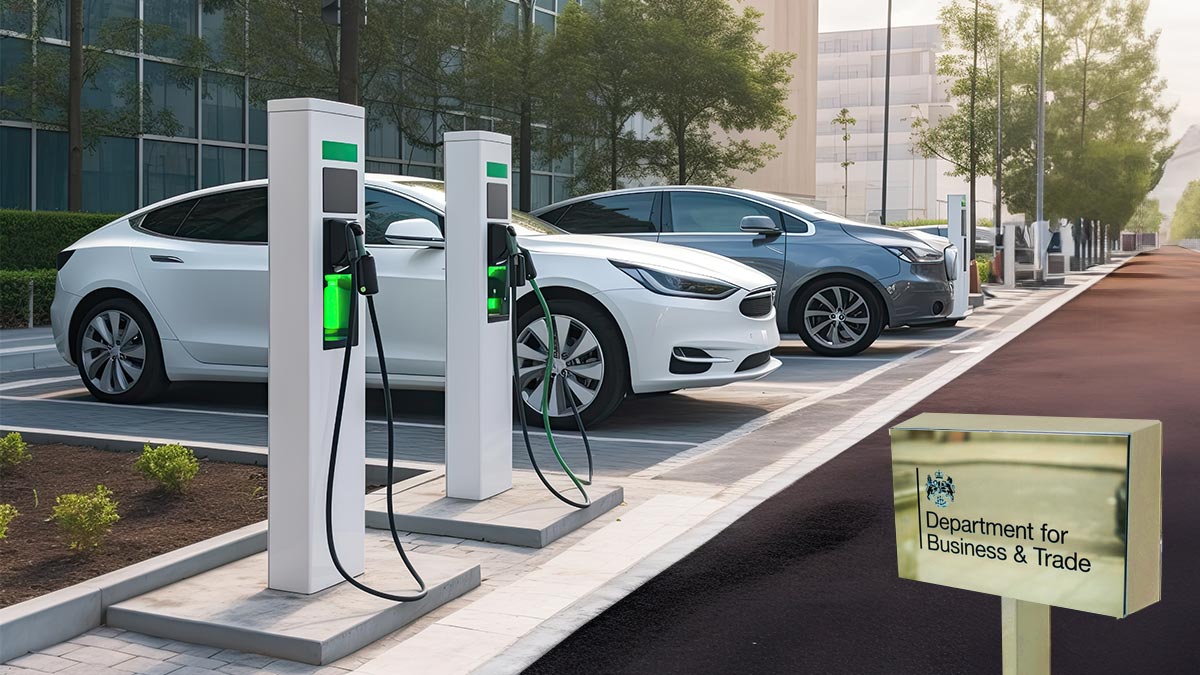£89 Million in Funding to Drive Cutting-Edge Electric Vehicle Technology, but More Infrastructure Investment Needed
In a significant move towards bolstering its position as a global leader in zero-emission vehicle technology, the United Kingdom’s Department for Business and Trade has announced an £89 million funding package for 20 groundbreaking net-zero technology projects. This landmark investment represents a joint effort between the government and the automotive industry and is aimed at accelerating the development and adoption of cutting-edge electric vehicle (EV) technology. While this funding is a positive step forward, it underscores the urgent need for substantial investments in the electrical infrastructure to support the increasing demand for electricity from electric cars.
20 Projects Paving the Way for a Zero-Emission Future
The £89 million investment is spread across 20 diverse projects that encompass a wide range of innovative technologies. These projects span four distinct competitions and include the development of revolutionary off-road vehicles, net-zero tractors, and groundbreaking EV battery systems. Among the notable recipients of funding is Aston Martin, which is set to accelerate the development of a luxury battery electric vehicle platform. Another significant project involves Perkins, a historic British engine maker and subsidiary of Caterpillar, which is working on a net-zero hydrogen-hybrid integrated power system for off-road vehicles.
The Electric Vehicle Revolution and Infrastructure Challenges
The impact of these projects is not limited to technological advancements alone; they are estimated to create or safeguard over 4,700 jobs in the UK. Furthermore, the work undertaken by these projects is projected to save nearly 65 million tonnes of CO2 emissions over the next decade, emphasizing their crucial role in addressing environmental concerns.
However, it’s crucial to acknowledge that while investments in innovative EV technologies are a step in the right direction, they must go hand in hand with significant investments in the electrical infrastructure. The growing popularity of electric vehicles brings with it a substantial increase in electricity demand. This requires an electrical grid that is not only reliable but also capable of meeting the increased energy needs of an electrified transportation sector.
The Need for Infrastructure Investment
The government’s commitment to funding EV technology is commendable, but it should be seen as just the beginning of a broader effort. To truly transition to a zero-emissions transportation sector, the UK needs to invest heavily in updating its electrical infrastructure. This investment is critical to ensure that the nation’s grid can reliably and sustainably supply the growing demand for electricity from electric vehicles.
The challenge goes beyond simply adding more charging stations; it involves upgrading and expanding the entire electrical network to handle the load. This includes modernizing distribution systems, improving grid resilience, and incorporating smart grid technologies to manage the influx of electric vehicles efficiently.
Government Commitment to Net Zero Ambitions
The UK government’s dedication to advancing net-zero technology is evident in its support for the development of a comprehensive supply chain for zero-emission vehicles (ZEVs). This includes private investments in gigafactories, battery material supply chains, motors, power electronics, and fuel cell systems. The Automotive Transformation Fund (ATF), delivered by the Department for Business and Trade in partnership with the APC, is instrumental in driving these initiatives.
Conclusion
The £89 million funding package represents a significant milestone in the UK’s journey towards becoming a global leader in zero-emission vehicle technology. However, it also underscores the need for concurrent investments in the electrical infrastructure. To ensure a seamless transition to electric transportation and meet ambitious net-zero emissions targets, governments must prioritize substantial investments in upgrading and expanding the electrical grid. This holistic approach is essential to support the growth of the electric vehicle market and to build a sustainable and electrified future.

